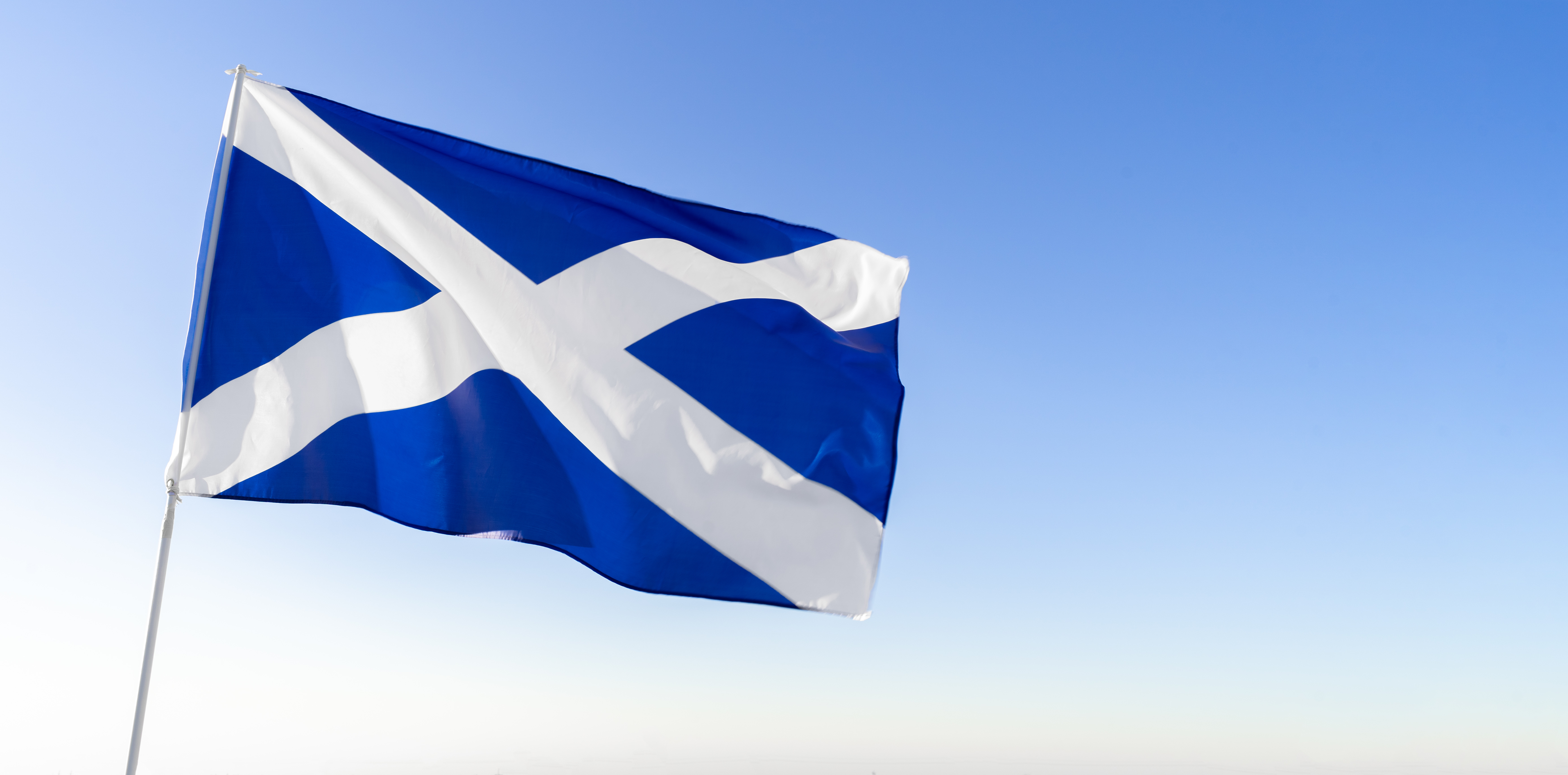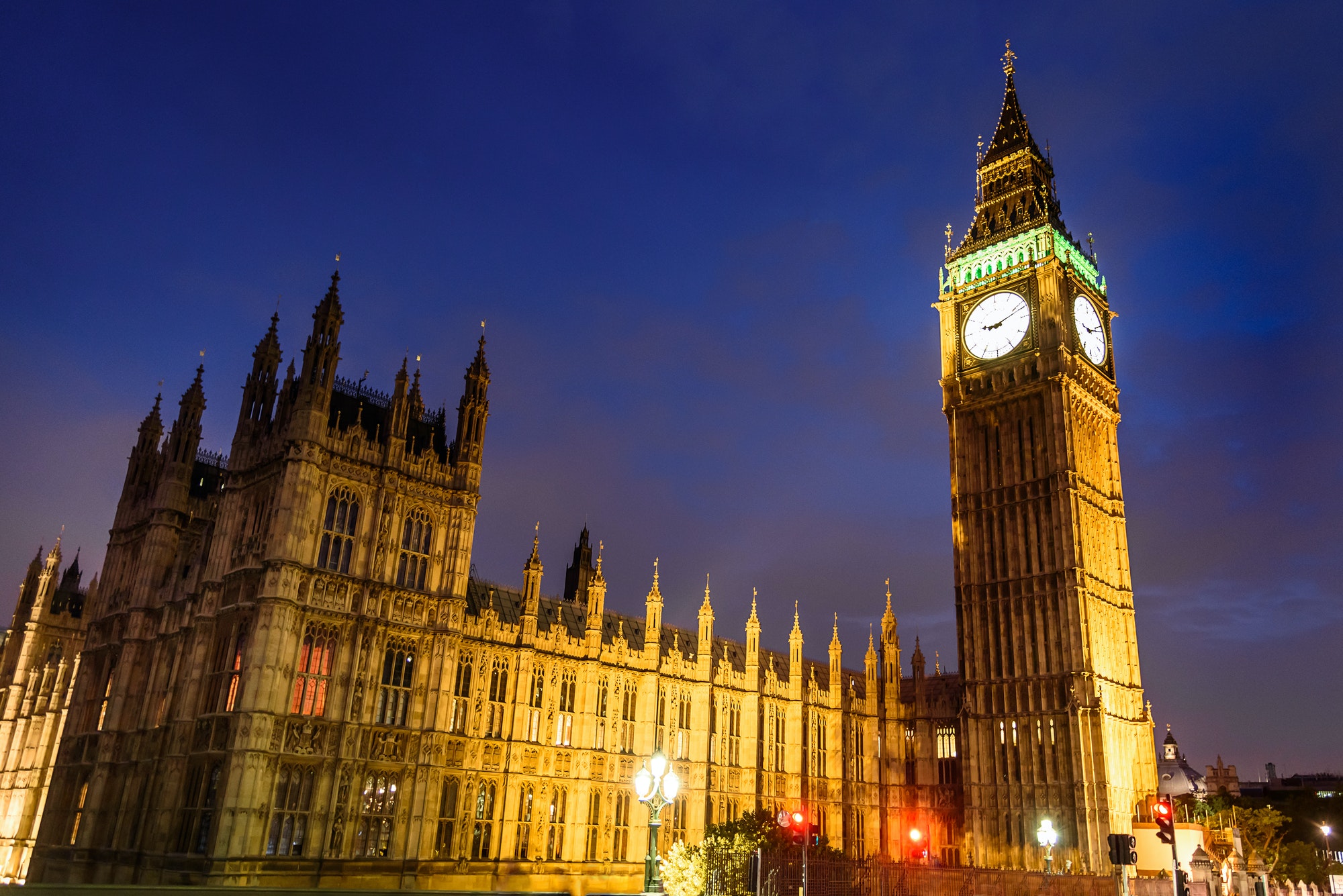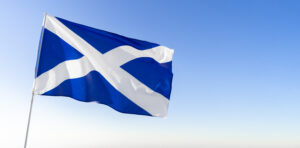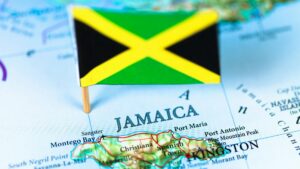[vc_row css=”.vc_custom_1489792662097{margin-bottom: 0px !important;}”][vc_column css=”.vc_custom_1489792637103{margin-bottom: 0px !important;}”][vc_column_text css=”.vc_custom_1530195689839{margin-bottom: 0px !important;}”]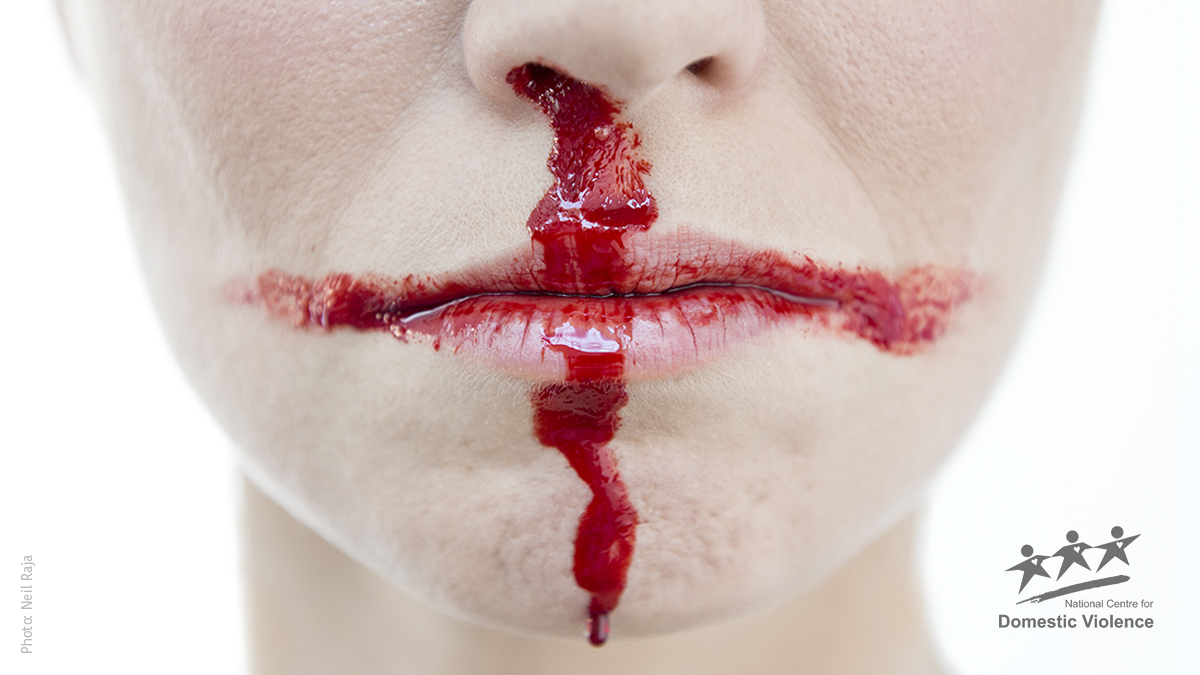 [/vc_column_text][vc_column_text]An expected surge in cases of domestic violence during England’s World Cup run came to pass.
[/vc_column_text][vc_column_text]An expected surge in cases of domestic violence during England’s World Cup run came to pass.
Refuge provider Harbour said that the tournament contributed to all of its shelters in the Tees Valley, northern England, being full. Service manager Danielle Chadwick said experience has shown that incidents increase by about 27% around any major sporting tournament.
West Yorkshire police dealt with 297 reports of abuse when England beat Sweden on 7 July, nearly double the number for the corresponding day in 2017, the Yorkshire Post reported. The numbers were 218 versus 142 when England lost to Croatia.
Durham police logged five incidents of domestic violence related to England’s first victory, against Tunisia, the Northern Echo reported.
Those at the sharp end, such as detective chief inspector Fran Naughton of West Yorkshire Police’s safeguarding central governance unit, are quick to point out that other factors such as alcohol misuse and an increased number of family and other social events such as barbecues during the heatwave also contributed to the rise in domestic violence while the World Cup was on.
Among findings from online data analysts Moonshot CVE – the CVE stands for Counter Violent Extremism – was that domestic violence-related searches spiked during both World Cup semi-final matches, with extra peaks when Croatia scored against England.
In reporting the findings, The Spectator political commentary journal pointed out that search-term spikes could have been caused by a variety of other factors having nothing to do with the games.
Police forces across England warned against a rise in domestic violence before the World Cup kicked off.
During the tournament, the National Centre for Domestic Violence (NCDV) garnered much praise for its ‘The Not-So-Beautiful Game’ campaign which featured a bloodied woman’s nose and mouth forming the cross of St George. PR Week, a trade journal serving the marketing sector, selected it as one of the most successful World Cup-related campaigns.[/vc_column_text][/vc_column][/vc_row]



